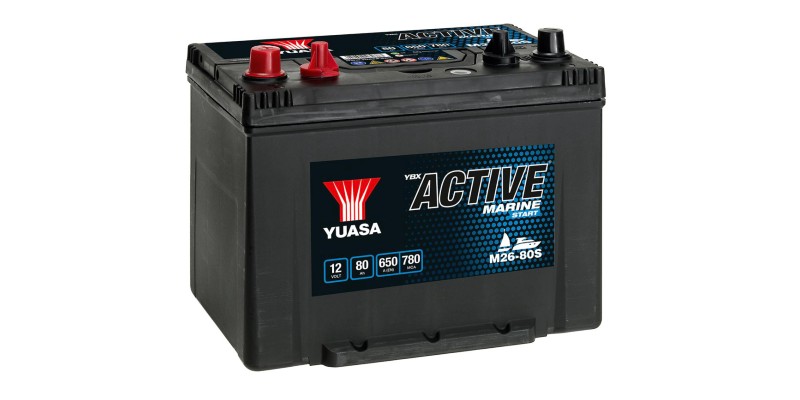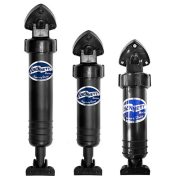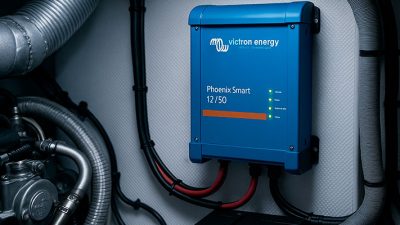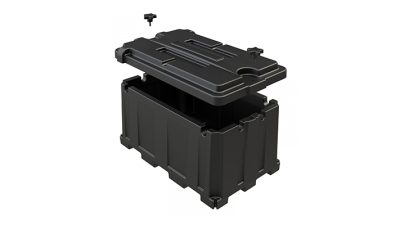The lifespan of a marine battery can vary depending on several factors, including the type of battery, usage patterns, and maintenance. Generally, a marine battery can last anywhere from 2 to 5 years. However, understanding the factors that influence battery life can help extend its functionality and ensure that it remains reliable during your boating adventures.
Types of Marine Batteries
There are different types of marine batteries, including starting, deep cycle, and dual-purpose batteries. Starting batteries, typically used for powering the engine, have a shorter lifespan due to the high power output needed for engine starts. They usually last around 2 to 3 years. Deep cycle batteries, which are designed for long-term, low-current applications like powering lights, electronics, and appliances on board, tend to last longer – around 3 to 5 years. Dual-purpose batteries combine the characteristics of both starting and deep cycle batteries and can last 2 to 4 years depending on use.
Factors Affecting Battery Lifespan
1. Usage Patterns: The more frequently the battery is used, the shorter its lifespan. Frequent deep discharges, such as running the battery down to very low levels, can reduce the number of cycles it can endure. Ideally, marine batteries should not be discharged more than 50% of their total capacity to extend their life.
2. Maintenance: Proper care and maintenance are essential for maximizing a battery’s lifespan. Regularly checking the battery’s charge, cleaning the terminals, and ensuring it is properly stored during off-season periods can help maintain its performance. If the battery is left discharged for extended periods, it can suffer from sulfation, which shortens its lifespan.
3. Temperature: Extreme temperatures, both hot and cold, can have a significant impact on a marine battery. Heat accelerates chemical reactions inside the battery, leading to faster deterioration, while cold temperatures can reduce its capacity. Storing the battery in a temperature-controlled environment during the off-season can prevent unnecessary wear and tear.
4. Charging Practices: The quality of the charging system can also affect battery longevity. Overcharging or undercharging a marine battery can lead to damage. Using a smart charger that automatically adjusts based on the battery’s needs is a great way to ensure optimal charging and protect the battery’s health.
Maximizing Your Marine Battery’s Lifespan
To get the most out of your marine battery, it’s important to practice good maintenance habits. Always follow the manufacturer’s recommendations for care and usage. Keep the battery clean, check the water levels (if it’s a flooded lead-acid battery), and ensure it’s properly secured and connected. If the battery is not being used for an extended period, disconnect it or use a battery maintainer to prevent discharge.
Conclusion
While the typical lifespan of a marine battery is between 2 to 5 years, proper care, regular maintenance, and appropriate charging practices can help ensure it lasts on the higher end of the spectrum. By being proactive about monitoring the battery’s health, you can enjoy reliable power for your boating trips and avoid unexpected failures on the water.









